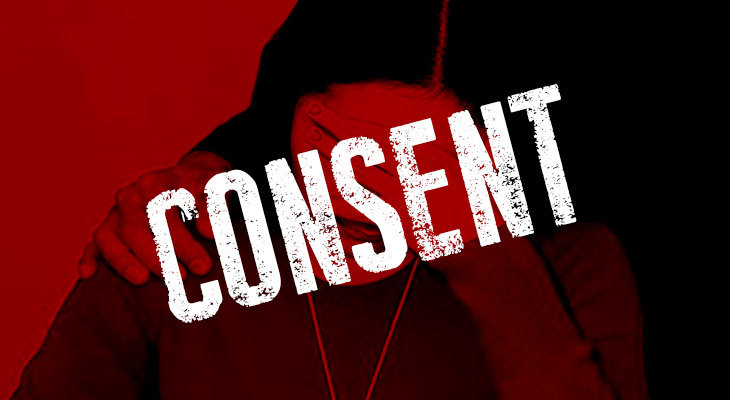
When it comes to sexual assault offences in Canada, it’s important to understand the concept of consent to better understand these offences. A person can be charged with a criminal offence if they apply a force of a sexual nature without consent. But, how do we explain the term consent? Many assault-related offences often hinge upon whether valid consent existed when the accused committed sexual assault offence.
Sexual assault is a broad term that covers several activities such as sexual grabbing and rape. Sexual activity is only legal when the parties involved both approve the act. Consent can be defined as a voluntary agreement to engage in sexual activity. So far as the law is concerned, it’s critical to analyze what the accused was actually feeling or thinking at the time of the sexual activity.
Passivity or silence can’t be taken as consent. It’s important for both parties to affirmatively communicate their consent. If you have been charged with a sexual assault offence, make sure to talk to a criminal lawyer to defend your case.
When someone does or says something to convey that they do not agree to continue with an activity, it shows a lack or absence of consent. The Criminal Code also says that there is no consent when someone is incapable of consenting to an activity or the consent is a result of force or abuse of power.
Important factors that constitute consent
There are several factors to consider when understanding the term consent. Some of them have developed over the years and some factors have been listed in the Criminal Code:
- There must be some form of positive expression when two parties indulge in a sexual assault. Consent can be communicated through conduct, body language or words.
- When a person communicates a lack of agreement to engage in an activity, this means consent doesn’t exist.
- Consenting to a particular sexual activity is not consenting to all forms of sexual activities.
- An incapable individual such as an unconscious person can’t give consent.
- It’s hard to establish the presence of consent when the victim was excessively intoxicated.
- The consent of a third-party doesn’t mean anything.
- The presence of a relationship of trust doesn’t validate consent.
- The use of threats, manipulation, fraud, or coercion must not be used to obtain consent.
Who can give consent?
The age of consent is usually 16, but you must be at least 18 years old to participate in prostitution and pornography. An individual less than 16, but at least 14 years old can consent to sexual activity provided that the age gap is not more than 5 years and the relationship is not of dependence or authority.
The legislative authorities have created laws to define and prevent assault offences. However, sexual assault offences are complicated legal situations. For instance, it’s complicated to conclude a legal matter in situations where an individual honestly, but mistakenly believes that consent was present. It’s difficult to prove an honest mistake.
How to defend a sexual assault offence
Whether you have been charged with a sexual assault or domestic offence, it’s essential for you to seek proper legal guidance. If you have been charged with a criminal offence, consult a good lawyer immediately. Only a dependable lawyer can help you defend your case in a professional manner.
In Edmonton, Slaferek Callihoo is the best team of criminal lawyers specializing in all types of assault offences. We have successfully defended our clients in various criminal offences from simple assault to homicide. You can schedule a free consultation right now to discuss your case!
